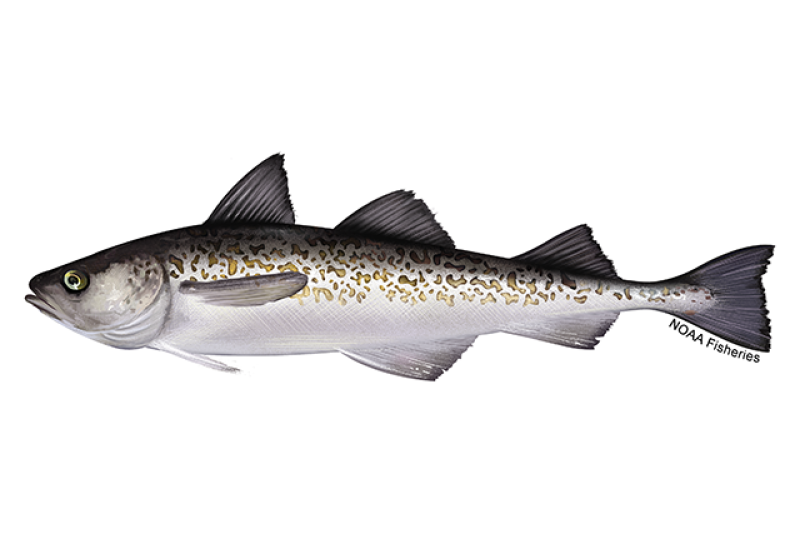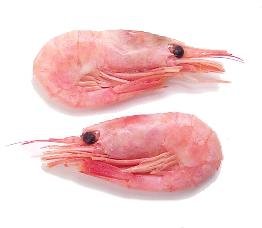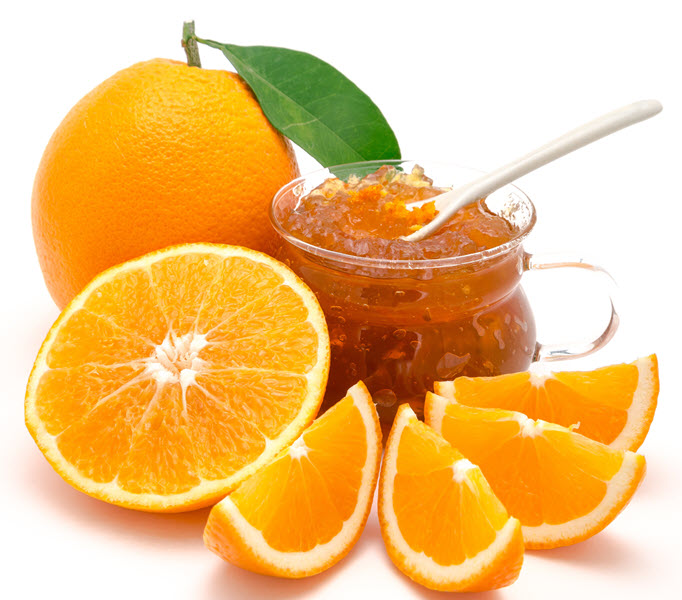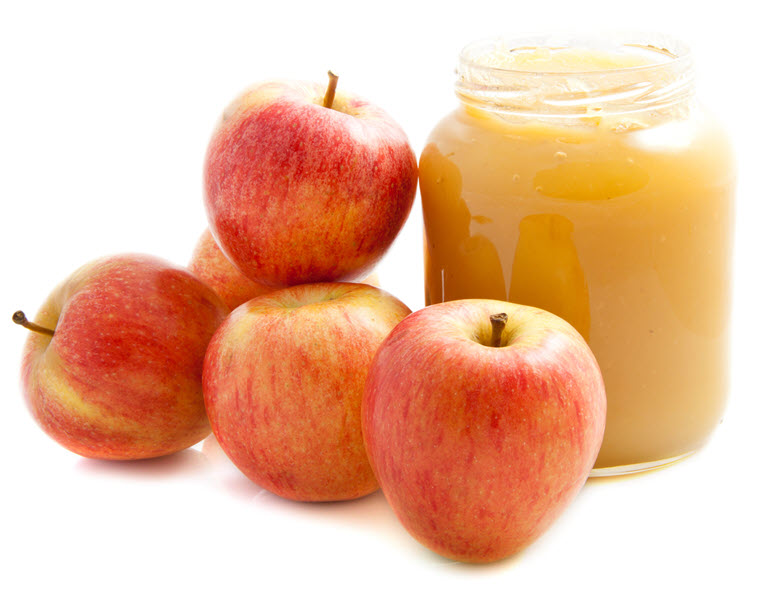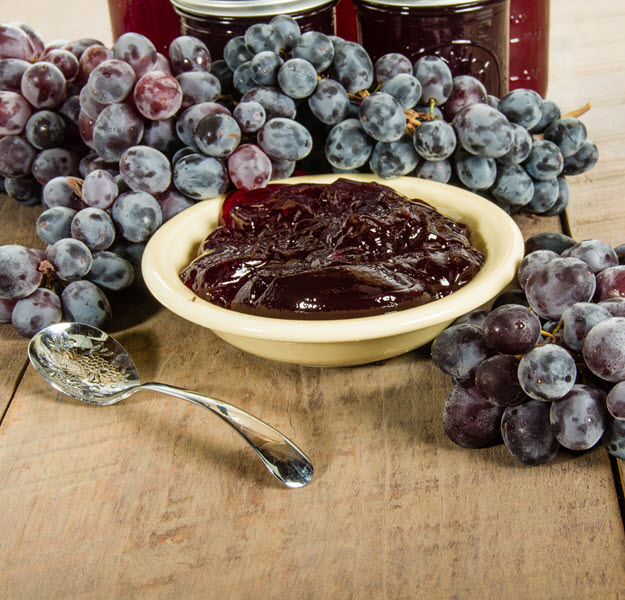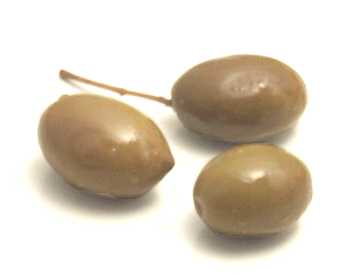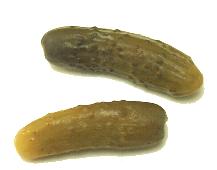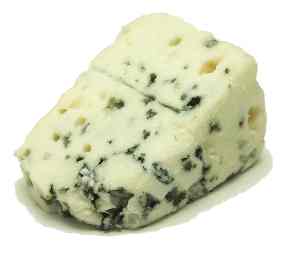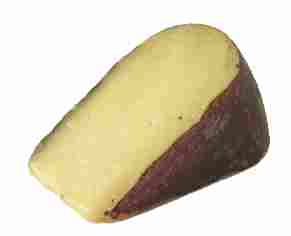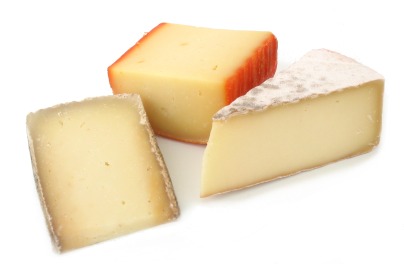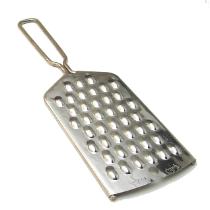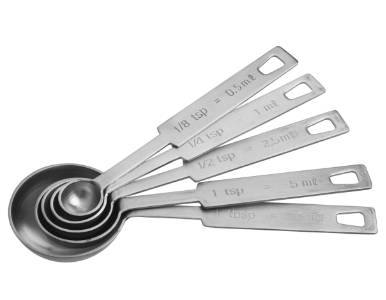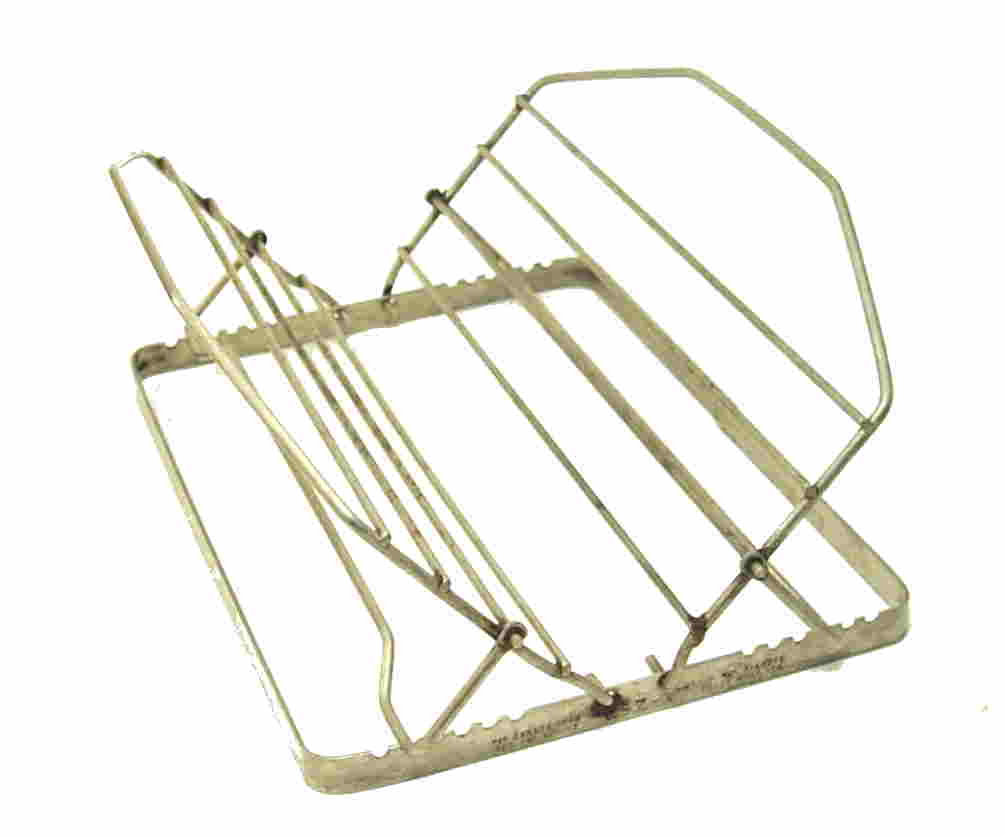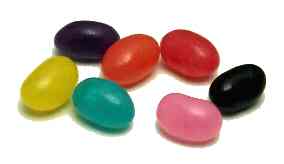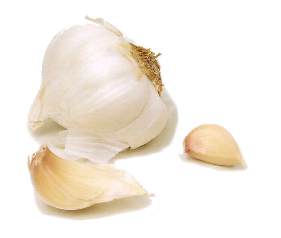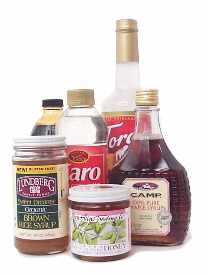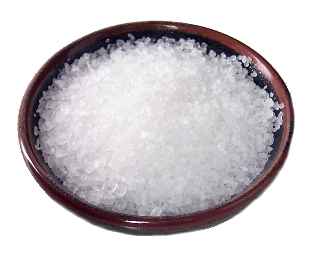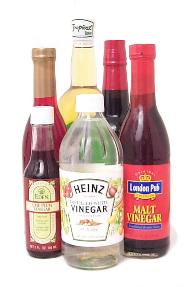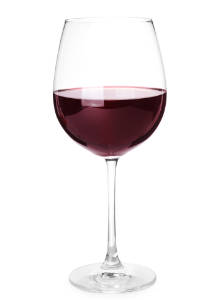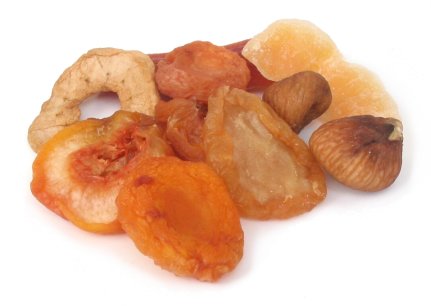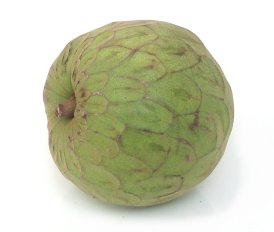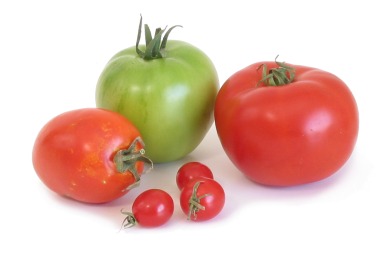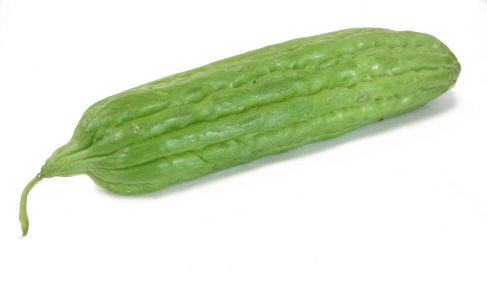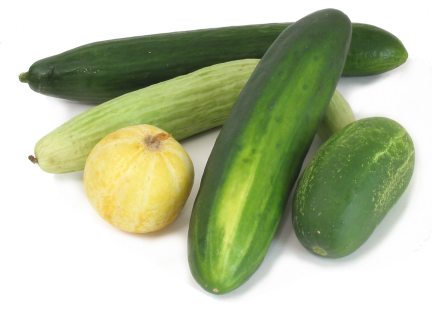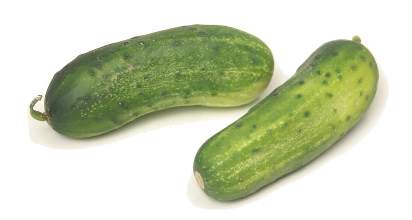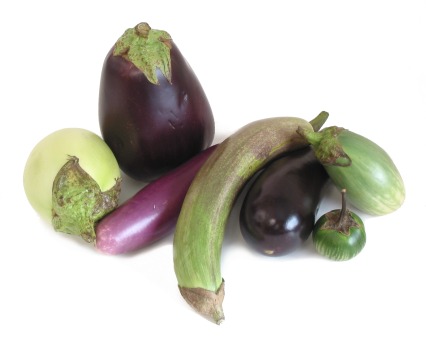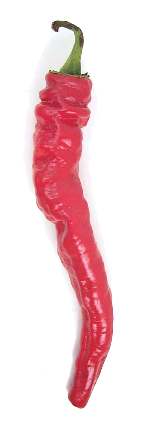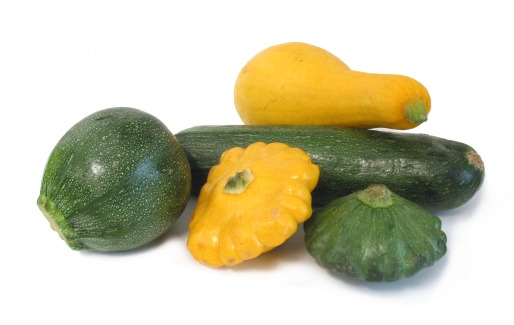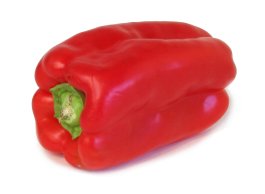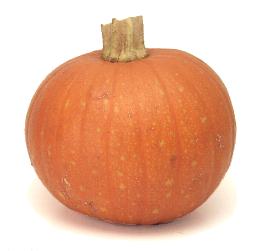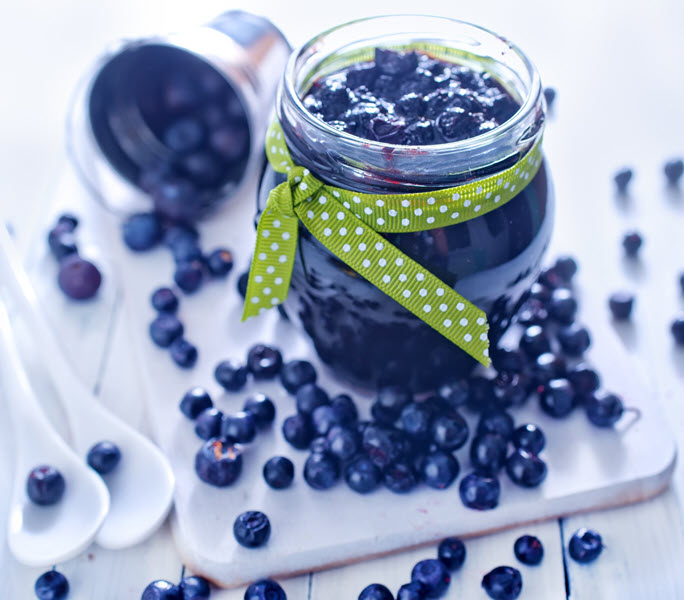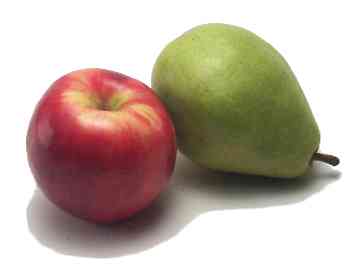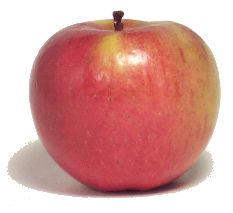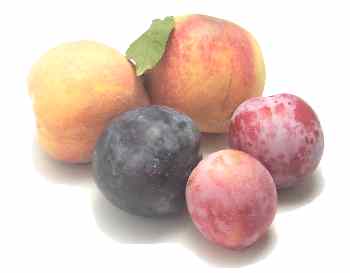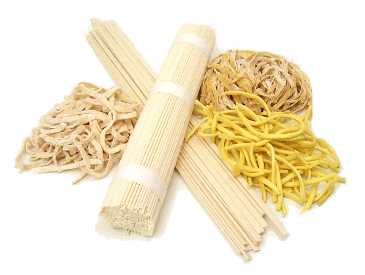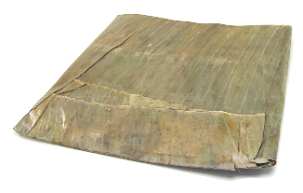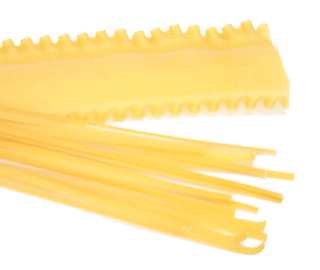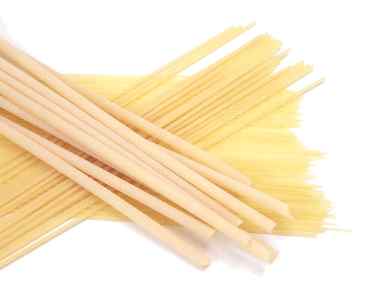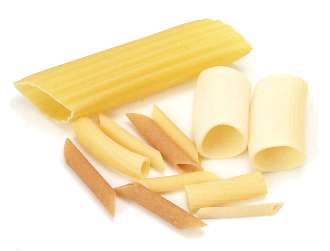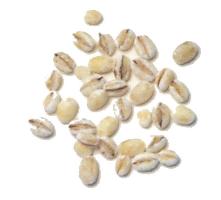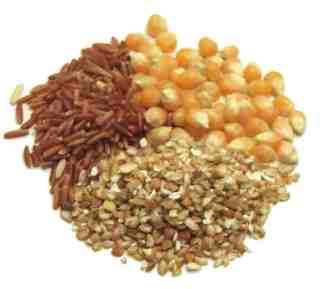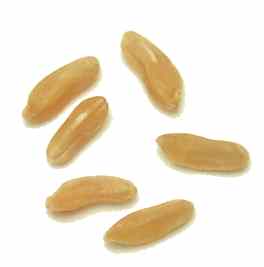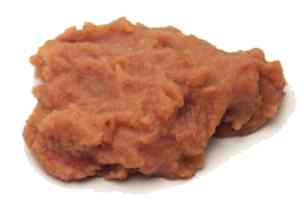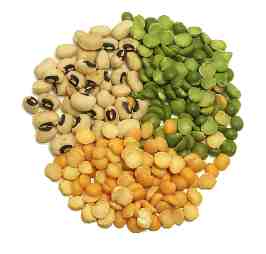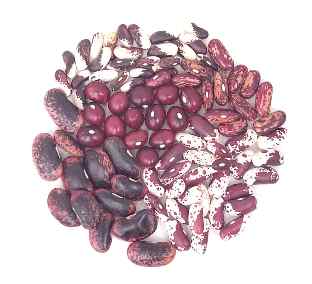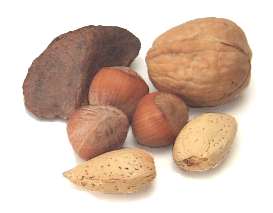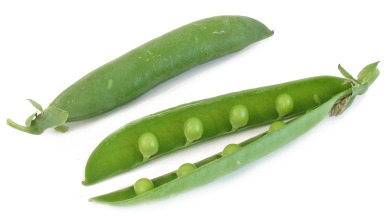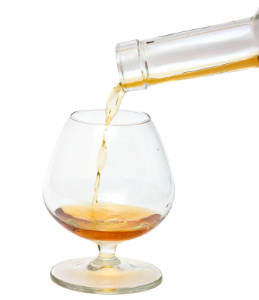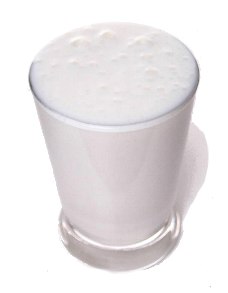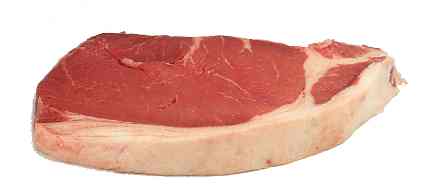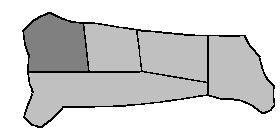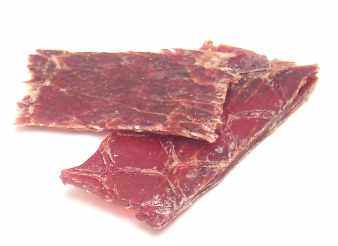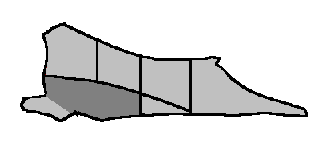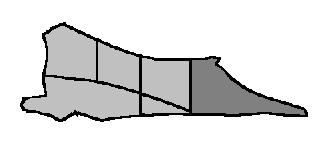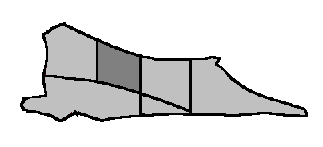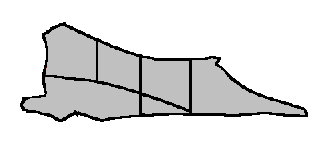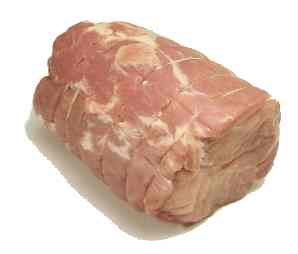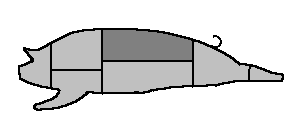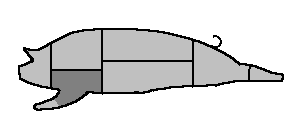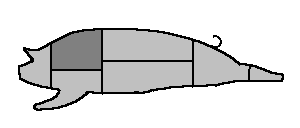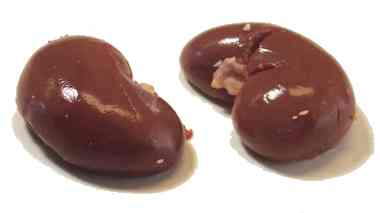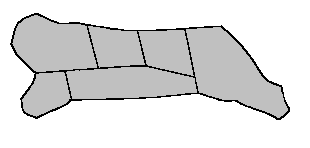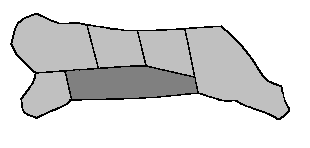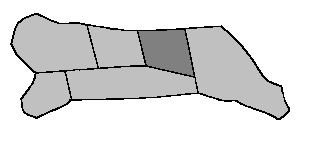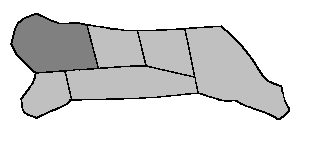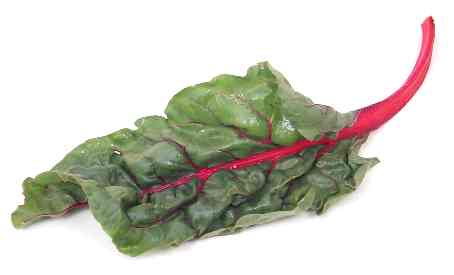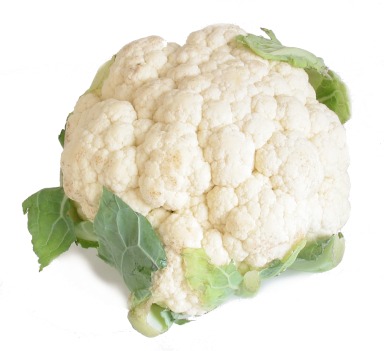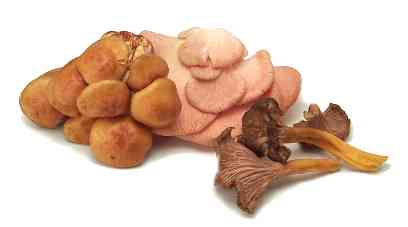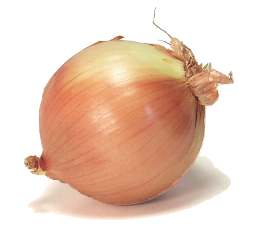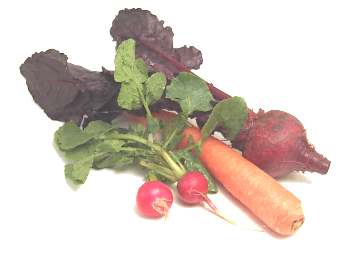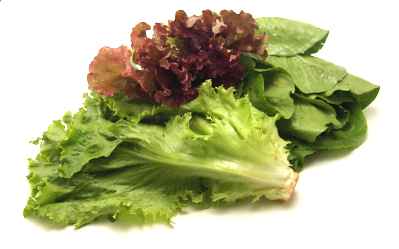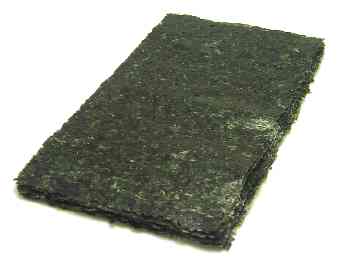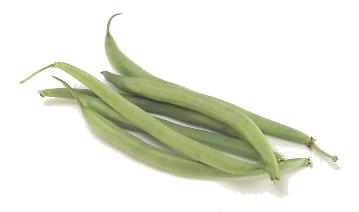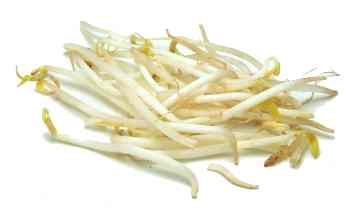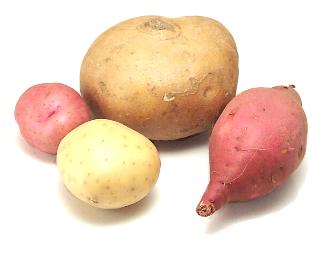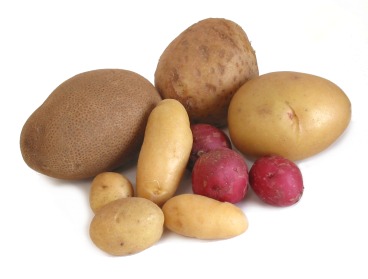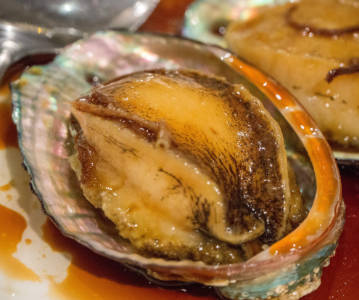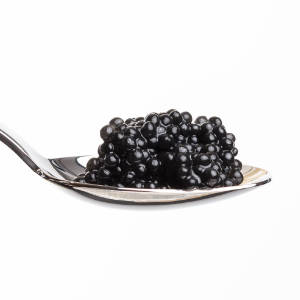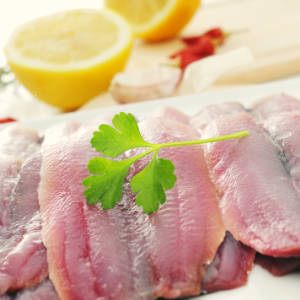Fish Category

Cooks often divide fish into two categories, fatty (or oily or rich) and lean. These two categories can be split again, by whether their texture is firm or flaky.
Fatty, firm fish include tuna, eels, catfish, shark, and swordfish.
Fatty, flaky fish include salmon, herring, mackerel, and sardines.
Lean, firm fish include grouper, lingcod, mahi-mahi, and striped bass.
Lean, flaky fish include cod, flatfish, and rockfish.
Shellfish aren't technically fish, but they're usually sold at the fish counter, so we've lumped them into this category.
See also: Smoked or dried fish.
imperial caviar
In recent years, over-fishing in the Caspian Sea has greatly depleted sturgeon populations.Please consider using caviar and roe from more abundant species until the Caspian Sea sturgeon populations can recover. For substitutions for caviar in general, click here.
Learn morekamaboko
This colorful Japanese specialty is made of a fish paste that's been molded into logs or half-logs.
Learn moremackerel
Unopened canned mackerel can be stored for up to a year in a dry, cool place. Once opened, it will keep for up to two days if you wrap it well and refrigerate it.
Learn moremahi-mahi
Though leaner than, say salmon or tuna, mahi-mahi packs a lot of heart-healthy omega-3 fatty acids.
Learn moremonkfish
This fish isn't a looker, but it has a flavor and texture that's been compared to lobster and scallops.
Learn moremonkfish liver
This exquisite Japanese delicacy has the texture and richness of a choice pâté de foie gras. It's usually poached, steamed, or sautéed before serving in order. Look for it in well-stocked Japanese markets.
Learn moremullet
This category includes red mullet, white mullet, and the fattier black mullet = striped mullet.
Learn moremussels
Storage: Unopened canned mussels can be stored for up to a year in a dry, cool place. Once opened, it will keep for up to two days if you wrap it well and refrigerate it.
Learn morenova
Nova is made by curing salmon through both curing with salt and smoking. It is similar to lox.
Learn moreossetra caviar
In recent years, over-fishing in the Caspian Sea has greatly depleted sturgeon populations. Please consider using caviar and roe from more abundant species until the Caspian Sea sturgeon populations can recover. Ossetra caviar is brown and more strongly flavored than beluga caviar. Don't confuse ordinary ossetra with the rare and expensive golden ossetra = imperial caviar. If substituting an inferior caviar, consider perking it up with a splash of fresh lemon juice. For substitutions for caviar in general, click here.
Learn moreoyster
The French like to serve these raw in the shell, with just a squirt of fresh lemon juice, but they can also be fried, grilled, or gently poached. If you eat them raw, you'll need to shuck them first; an oyster knife comes in handy for this. Storage: Unopened canned oysters can be stored for up to a year in a dry, cool place. Once opened, it will keep for up to two days if you wrap it well and refrigerate it.
Learn morepaddlefish roe
Paddlefish swim in Southern rivers and they're relatives of sturgeons--the fish that produce the world's most expensive and exquisite caviars. Paddlefish roe is very similar to sevruga caviar, only it's cheaper. Since Caspian Sea sturgeon are rapidly becoming depleted from over-fishing, many people are turning to paddlefish roe as a substitute for caviar.
Learn moreparrotfish
This tropical fish is delicious, but environmentalists worry that overfishing will harm coral reefs, since parrotfish clean them of algae. In addition, parrotfish also convert dead coral into white sand (up to 220 pounds of sand per fish per year) that we all love to walk and play volleyball on. As with all reef fish, parrotfish also contain a toxin called ciguatera, which can cause food poisoning. You can reduce the risk by not eating the fish's head or organs.
Learn morepeekytoe crabs
These small, highly prized crabs resemble Dungeness crabs, only they're much smaller. It's hard to find whole crabs, but many seafood shops in New England sell peekytoe crab meat.
Learn moreperch
This category includes walleye = wall-eyed pike, and Nile perch = Lake Victoria perch.
Learn moreperiwinkle
These marine snails are better known in Europe and Japan than in the United States. They're great in any clam chowder recipe, though they tend to get tough if overcooked. Look for them in Asian markets.
Learn morepilchards
Pilchards belong to the same species as sardines, but they're caught in colder waters and are bigger.
Learn morepirarucu
Pirarucu are large (7 feet) fish native to the Amazon basin. Pirarucu meat is mild flavored and firm textured. Overfishing has reduced their numbers. It is unusual in that in needs to breath air.
Learn more









